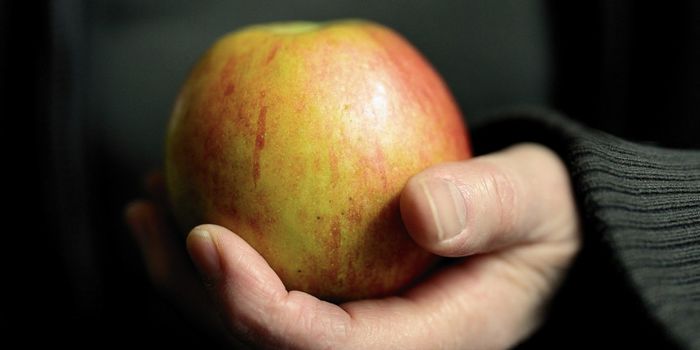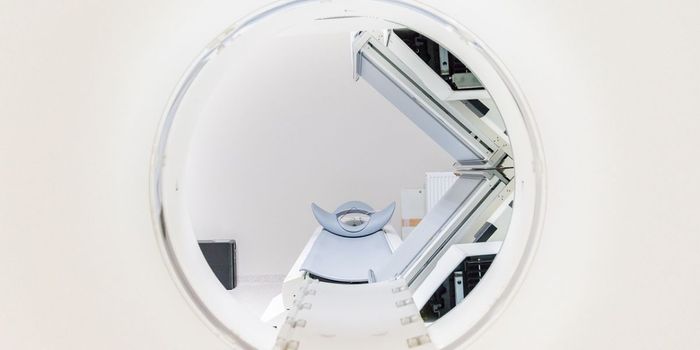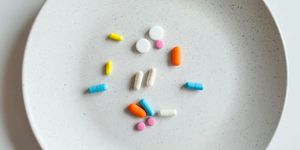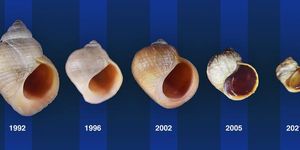Breakthroughs in Diabetic Kidney Disease
Diabetes is a condition in which blood sugar is excessively high. It can be managed by checking blood sugar levels regularly and using insulin to lower those levels (or consuming more sugar to raise them) when necessary. The National Kidney Foundation has estimated that one in seven US adults have kidney disease, which is also known as diabetic nephropathy. It is a common complication of diabetes, and about one-third of Americans with diabetes likely have kidney disease. High blood pressure is associated with diabetes, and is thought to promote diabetic kidney disease (DKD).
Treatment for DKD mostly involves controlling a patient's diabetes and improving lifestyle habits like diet and exercise. But two research studies could point to new options.
Podcytes are a type of cell in the kidney that regulate the kidneys' filtration function, which removes waste from the blood, generating urine in the process. Another type of kidney cell known as proximal tubule cells have many different functions and are the most common kidney cell type; they aid in the reabsorption of water and glucose, and help maintain homeostasis. In diabetic kidney disease, podcytes are often lost, dysfunction arises in the proximal tubules, and fibrosis may occur at later stages.
Scientists have now developed a potential treatment for DKD. This work, which was reported in Nature Communications, used a model of DKD to demonstrate that a gene called KLF6, which is a transcription factor that affects the activity of other genes, can trigger cells called podcytes to release of Apolipoprotein J (ApoJ). This process impacts proximal tubule cells through calcium/calmodulin dependent protein kinase 1D (CaMK1D), which stops mitochondrial damage and halts disease.
"In combination, findings from these studies highlight that targeting podocyte-proximal tubule signaling by enhancing Apolipoprotein J-CaMK1D could prove to be a therapeutic strategy in slowing down or perhaps even preventing DKD," exaplined corresponding study author Sandeep K. Mallipattu, MD of Stony Brook University.
An unrelated study reported in Nature Communications has identified a novel signaling mechanism that is related to DKD. Signals that promote inflammation and fibrosis are known hallmarks of DKD. These signals can arise because of cellular senescence, a state in which cells stop dividing or functioning normally, in DKD. Cellular senescence, in turn, can be triggered by an excess of deleterious chemicals known as reactive oxygen species, which are produced by diabetic kidneys.
This work has found that coagulation factor FXII (F12), which is elevated when blood sugar in the body is high, can drive kidney damage in DKD. While FXII has a normal role in blood coagulation, it can also form a complex with other proteins in kidney tubular epithelial cells. This leads to the production of reactive oxygen species. As the levels of these damaging chemicals rise, the kidney cannot repair itself.
This research also showed that FXII is detectable in urine samples from diabetes patients, and that FXII levels correspond to disease severity. As levels of FXII get higher, the disease is worse, the study authors noted.
Therefore, FXII could be an excellent diagnostic marker for DKD. These findings were confirmed in multiple groups of human patients and in mouse models. When FXII production was temporarily blocked in the mice, kidney function improved, so it also presents a novel therapeutic target.
More research will be needed on both fronts, but they may open up new treatment options for patients.
Sources: Gujarati et al, Nature Communications 2024; Elwakiel et al, Nature Communications 2024



![[Guide] 7 Strategies to Boost Laboratory Collaboration](https://d3bkbkx82g74b8.cloudfront.net/eyJidWNrZXQiOiJsYWJyb290cy1pbWFnZXMiLCJrZXkiOiJjb250ZW50X2FydGljbGVfcHJvZmlsZV9pbWFnZV83YzBjZWIwM2Y5YzI4MmFlYzBhZDZhMTcyNTQ1ZGU3YmE4Y2MzMDYyXzUxNDkuanBnIiwiZWRpdHMiOnsidG9Gb3JtYXQiOiJqcGciLCJyZXNpemUiOnsid2lkdGgiOjcwMCwiaGVpZ2h0IjozNTAsImZpdCI6ImNvdmVyIiwicG9zaXRpb24iOiJjZW50ZXIiLCJiYWNrZ3JvdW5kIjoiI2ZmZiJ9LCJmbGF0dGVuIjp7ImJhY2tncm91bmQiOiIjZmZmIn19fQ==)





